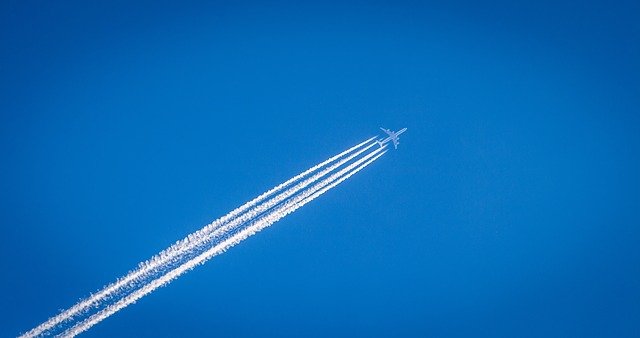
The U.S. is responsible for a quarter of global aviation greenhouse gas pollution. The aviation industry is the largest source of greenhouse gases in the U.S. that faced no federal air pollution standards. Back in 2016, The Obama Administration’s Environmental Protection Agency (EPA), determined that airline pollution fueled the climate crisis and put public health at major risk. From 2016 to 2018, emissions from the aviation sector rose by 7%; regulations to curb greenhouse gas emissions are long overdue.
Taking note, on Monday, The Trump EPA finalized the Rule on Greenhouse Gas Emissions from Aircraft. The rule has been met with criticism across the board from environmental groups, stating that the regulations do not go far enough.
It is important to note that this new rule does not make any significant changes to reduce pollution. Instead, the rule acknowledges that the airline industry “contributes to the air pollution that causes climate change endangering public health and welfare,”. It aligns with and breaks down the already existing emissions standards set by the United Nations International Civil Aviation Organization (ICAO). The new regulations apply only to large turbine airplanes flown by commercial and business aviation operators, and all those currently in-service are exempt from these regulations. Independent of the ICAO standards, virtually all existing in-production aircraft that are non-compliant will either be modified and re-certificated as ICAO-compliant, or go out of production by 2028. As a result, non-compliant aircraft will likely seek an exemption from the GHG standards.
The EPA has itself admitted that it does not predict a reduction of emissions by 2028 from this rule. This is because it codifies guidelines that aren’t intended to reduce greenhouse gas pollution. According to a 2020 report from the Center for Biological Diversity, that if the federal government forced the sector to improve fuel efficiency by 3.5% in the next two decades, domestic airline pollution would be reduced by 75%. The new regulations do not do enough, they shouldn’t only account for the global warming impact of an industry, but also its part in contributing to toxic air pollution.
The new rules should apply to in-service aircraft, and new models to include new designs and improvements like fuel efficiency or combination of regulations for both older and newer aircraft. The government standards should be updated automatically and regularly, with accounting for technological developments.